Is the Jersey Cow Breed Better Than Other Dairy Cows?
Does the cream always rise to the top? In the dairy farming industry, we’re often asked if the Jersey cow, famed for its rich and creamy milk, truly surpasses other dairy breeds in all aspects. We believe it’s not as simple as a ‘yes’ or ‘no’ answer. While Jerseys do have the highest butterfat content, making them excellent for producing dairy products like cheese, butter, and ice cream, they don’t produce as much milk volume as their larger counterparts, the Holsteins. Additionally, factors like profitability and feed efficiency come into play, painting a more complex picture. If you’re intrigued, stick around as we peel back the layers of this dairy dilemma.
Key Takeaways
- Jersey cows have a unique light to dark brown coat with black-tipped ears and a grey tongue.
- Jerseys are smaller in size compared to other dairy cows and have a compact size and a dish-shaped face.
- Jersey cows have a higher butterfat content in their milk compared to Holsteins.
- Jersey cows’ smaller size, higher butterfat content, and profitability make them a wise choice for dairy farmers.
Understanding Jersey Cow Characteristics

Diving into the distinct traits of Jersey cows, it’s fascinating to note that not only do they produce milk with higher butterfat content ideal for cheese and ice cream, but they also sport a unique light to dark brown coat with black-tipped ears and a grey tongue. This Jersey cattle, native to the island of Jersey, are smaller than other dairy cows, making them ideal for those of us who crave freedom from the constraints of large-scale farming.
Understanding Jersey cow characteristics reveals why they’re often preferred over other dairy cattle. Their milk production is not as high as other breeds, but the high butterfat content more than compensates for it. This high-fat milk is excellent for those of us who value quality over quantity, preferring the rich taste of Jersey milk to the more diluted flavor of other breeds.
Furthermore, Jerseys are known for their distinctive appearance, with a compact size and dish-shaped face. These pint-sized darlings have big personalities too, often displaying a curiosity and friendliness that can make them a joy to care for. So, if you’re considering dairy farming, the Jersey cow breed might be an ideal choice for a fulfilling and lucrative venture.
Comparing Milk Production Rates
Having explored the unique characteristics of Jersey cows, let’s now compare their milk production rates with other dairy breeds, particularly the Holstein cows, to see how they stack up.
As dairy farmers, we understand that the quantity and quality of milk produced are critical factors in choosing dairy breeds.
| Breed | Average Milk Production | Average Butterfat Content |
|---|---|---|
| Jersey | 14,000 pounds/year | 4.9% |
| Holstein | 22,000 pounds/year | 3.7% |
From the table, it’s clear that Holsteins produce more milk annually. However, the Jersey cow breed’s milk has a significantly higher butterfat content, which is ideal for dairy products like cheese, butter, and ice cream.
This is where the freedom to choose comes in for us as dairy farmers. If we’re primarily selling milk, Holsteins may be more profitable. But if we’re producing dairy products that require high butterfat content, the Jersey breed may be the better choice.
Nutritional Value: Jersey Vs Other Breeds
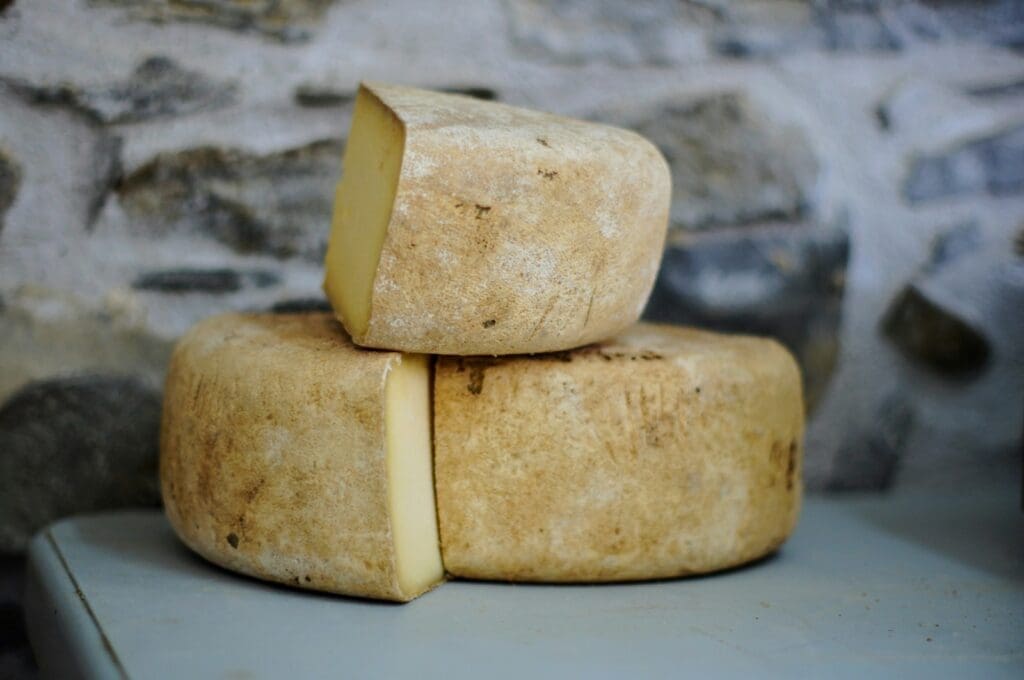
Let’s delve into the nutritional differences between Jersey and Holstein milk, which have significant implications for both dairy farmers and consumers. Jersey milk has a higher butterfat content than that of other breeds, particularly Holsteins. This makes it a preferred choice for dairy product production like cheese, butter, and ice cream.
In the Jersey vs other breeds debate, the higher levels of total solids present in Jersey milk also tip the scales in their favor. This factor enhances the milk’s overall nutritional value and makes it a richer source of energy per liter.
However, we must note that Holstein milk possesses a higher protein content. It’s also utilized across a variety of dairy products, although it has lower fat content compared to Jersey milk.
Moreover, the slightly lower somatic cell count (SCC) in Jersey milk is indicative of better milk quality. This is another reason why dairy farmers might consider crossing breeds to improve milk quality.
What Makes Jersey Cattle a Superior Dairy Breed Compared to Others?
When it comes to dairy production, global dairy powerhouse Jersey cattle stand out for their superior qualities. With higher butterfat and protein content in their milk, they are prized for producing rich and flavorful dairy products. Their efficiency in converting feed to milk also makes them a top choice for dairy farmers.
Profitability of Jersey Cows
Turning our focus to the profitability of Jersey cows, we find that their smaller size and higher butterfat content can result in significant cost savings and potential profits for dairy farmers. When comparing Jersey and Holstein cows, the most common breed in the United States, we see several advantages with Jerseys. They’re smaller and consume less feed per day, reducing costs.
Moreover, Jerseys can produce more milk per pound of body weight, a clear edge in feed efficiency. Even slight changes in milk components can greatly affect a dairy’s bottom line, so this high butterfat content in Jersey milk is a boon. It’s more valuable, particularly in markets like cheese, butter, and ice cream production, where butterfat is a key component.
It’s also crucial to look globally. For instance, in South Africa, the profitability of Jersey cows has been proven, with many farmers transitioning to Jerseys and reaping the benefits. However, the choice between Jersey and other breeds should always consider your specific financial environment. Each farm’s profitability is unique, so it’s important to crunch the numbers and make the most informed decision.
Jersey Cow Breed: Care and Management
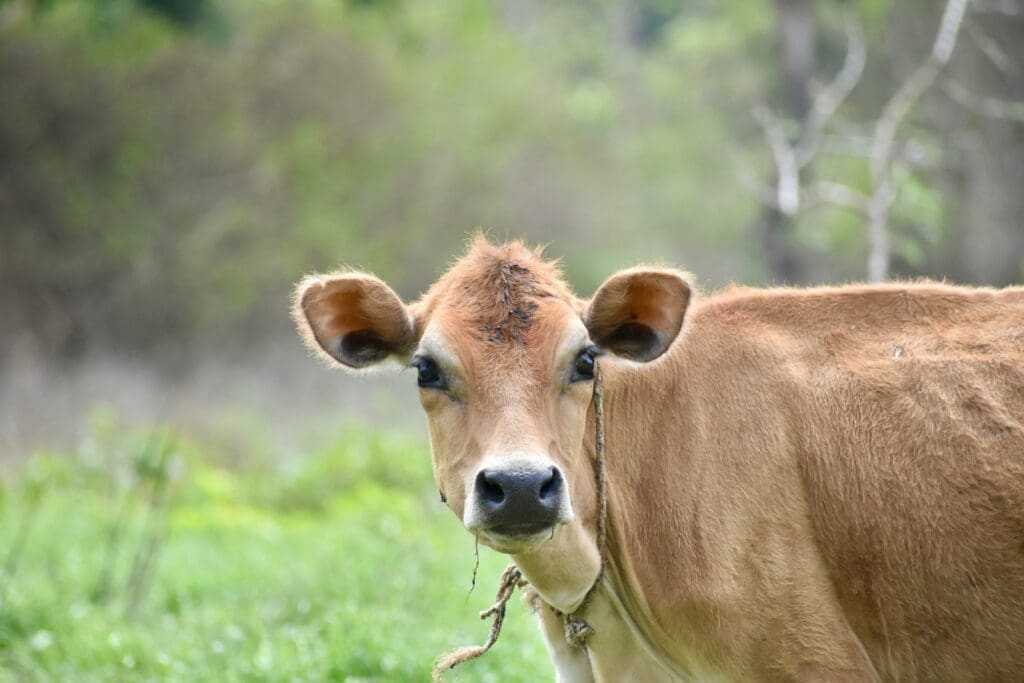
After examining the profitability of Jersey cows, we’re now ready to explore the specifics of their care and management, particularly how their unique characteristics influence their maintenance needs.
The Jersey cow breed, originally from the coast of France, is indeed different from other cattle, especially when compared to the larger Holstein breed. The compact size of Jerseys, around 1,200 pounds, makes their management more convenient. They require less dry matter intake, reducing feed costs without compromising the high butterfat content of their milk.
The Jerseys’ distinct brown coat and dish-shaped face make them easily recognizable. But, it’s not just about appearances with Jerseys. They’re known for their big personality, curiosity, and friendliness, which can also affect their care and management. Their curious nature demands a stimulating environment, and their friendliness suggests they appreciate human interaction.
Comparing Holstein and Jersey cows, it’s clear that Jerseys are less laid back. This difference in temperament means that Jerseys may need a bit more attention, but their profitable milk production and manageable size make them a wise choice for dairy farmers seeking freedom in their operations.
In our kitchen, we only use cultures from Cultures for Health.
Get yours here and start culturing today.
Popular Articles
Newsletter
Get signed up to get latest updates and new information from the Jersey Milk Cow!
This site uses Akismet to reduce spam. Learn how your comment data is processed.

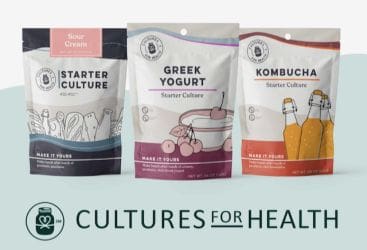
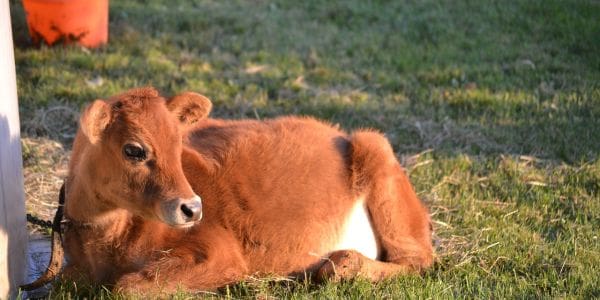


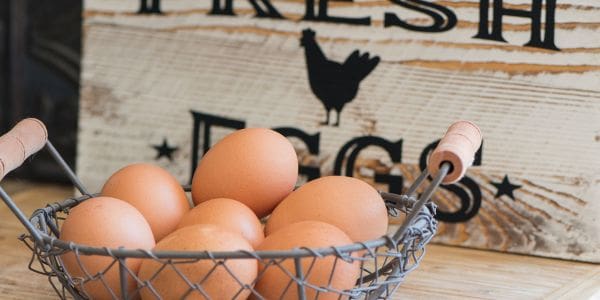

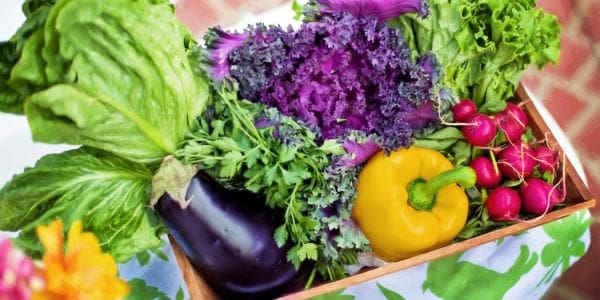

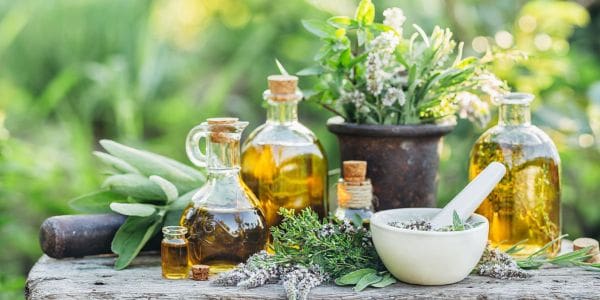
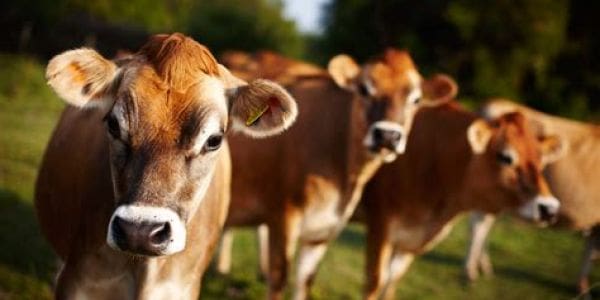
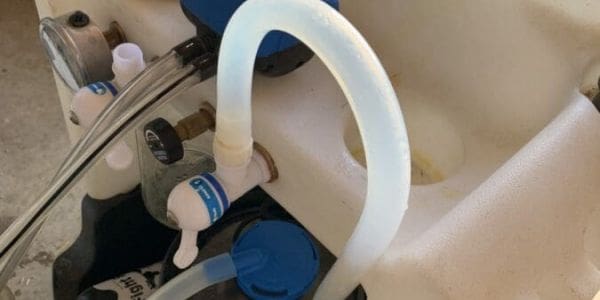
Leave a Reply